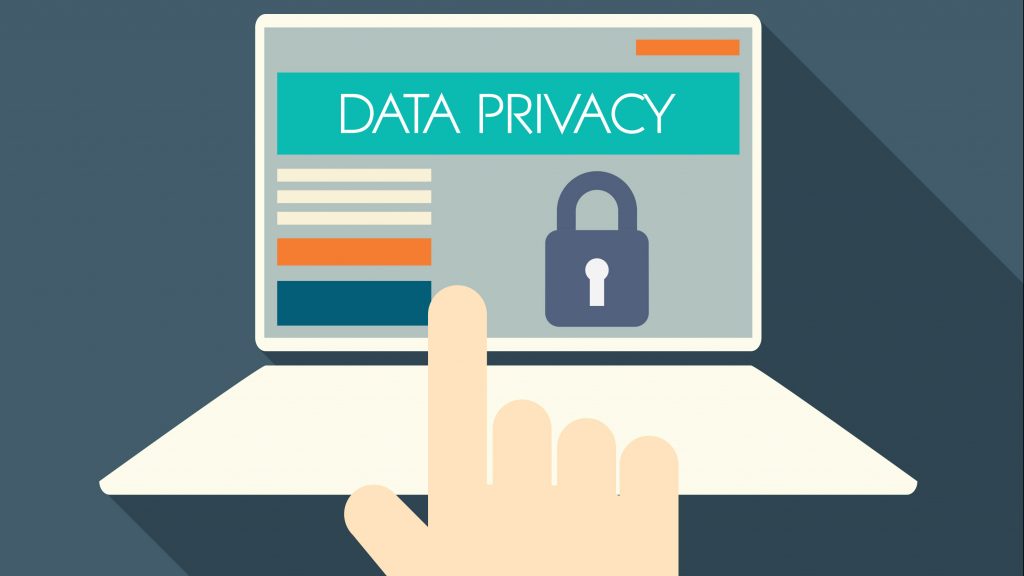Surveillance, according to Wikipedia, is “the monitoring of behavior, various activities, or information for the purposes of acquiring information, influencing, managing, or directing.” This can include remote observation using electronic equipment such as closed-circuit television (CCTV) or intercepting electronically transmitted data such as Internet traffic. Simple technical methods such as human intelligence collection and postal interception can also be included.
Modern Information Technology is really useful. We all use phones and computers to communicate, view films on demand, buy nearly any goods online, and even meet up with friends and colleagues in virtual worlds. However, there is a bad side to this convenience.
This darker side has been analyzed by a new documentary posted to YouTube that you can see below. Mass surveillance refers to this ‘darker aspect.’ Technology that makes our lives easier can also be used to track our every move. Face recognition detects us even in low-quality photographs, and artificial intelligence crunches our personal data obtained by our smartphones – which, incidentally, we carry with us throughout the day.
According to Privacy International, a UK-based charity to monitor privacy, mass surveillance allows for unlimited state authority and control over individuals by systematically monitoring people’s lives. It is based on the notion that any information could be valuable in dealing with a hypothetical threat, which is incompatible with democratic norms and principles, which strive to limit the information a state knows about its citizens in order to regulate its power.
Mass surveillance also obstructs the separation of powers since the executive branch is able to carry out its operations without the two other branches of government – legislative and judicial – providing adequate scrutiny. Because the capacity to spy is approved in bulk rather than for each instance of wrongdoing, mass surveillance authorities lack effective independent authorization. It generates a climate of fear and suspicion that is incompatible with democratic norms and principles, in which everyone is presumed guilty unless proven innocent in the eyes of the state.
The conclusion is that, as noted by Privacy International, mass surveillance has a negative impact on other human rights and freedoms, as unjustified invasions of privacy prevent the enjoyment of other rights and frequently serve as a gateway to violations of other human rights, such as freedom of assembly, freedom of expression, freedom of movement, nondiscrimination, and political participation.

